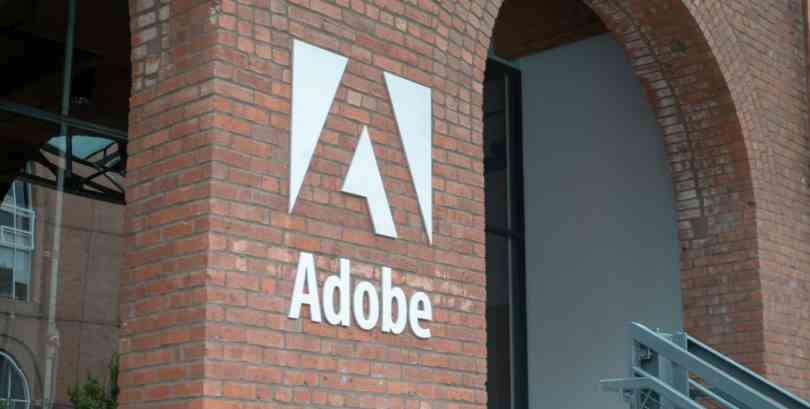The coronavirus has not yet dulled the enthusiasm of US investors for their equity markets. In local currency terms, the US market declined 4.7% from the start of January to the end of May, and that’s a better outcome than in Ireland (-12.2%), Europe (-12.9%), and the UK (-19.0%).
Some observers wonder at the resilience of US equities, given their lofty ratings and the fact that most earnings growth is effected by share buybacks (often funded with borrowing) rather than growth in trading profit.
In the Q1 reporting season, results from large-cap US companies were slightly worse than expected, but the S&P 500 Index has been going higher ever since the pandemic-inspired February and March sell-off.
Ten year Treasury notes currently yield around c.0.7% per annum, which isn’t sufficient for many investors who would rather take their chance with shares. American investors are convinced that the Federal Reserve has their back, especially in this election year. Sceptics counter that if the Fed’s latest money-printing is for real then why have Treasury yields been firming instead of being sold off due to inflation fears.
For true believers in the American Way, the 5 Star 5 Americas Fund has been a solid performer for clients of Zurich Life since the fund was devised by predecessor Eagle Star back in 2004. With €73m under management, this fund is a niche choice, but unlike with most funds savers and investors know exactly what they’re buying into.
5*5 Americas currently holds 34 equities in five different sectors, with a bias towards technology and communications. All the usual names such as Microsoft, Amazon, Alphabet, Netflix and PayPal are there but the fund stock-pickers don’t follow the crowd entirely. For instance, the fund has a higher exposure to Adobe and Autodesk than to Apple.
The fund bucked the market with a 5.3% gross gain from January to May 2020. On a 10-year view the annualised pre-tax return has been 12.6%, and now the question is what the next decade holds.
Dividend Funds
In the meantime, dividend funds have received a setback in recent months as corporates rushed to cancel their payouts. Banks were ordered to stop their dividends, while public companies in receipt of state bailout funding can’t pay dividends either.
More generally, plcs in travel and leisure, retail and industrials have been hoarding their cash, though defensive sectors such as healthcare, utilities and consumer staples are still providing shareholders with cash income.
With dividend funds, the investment case is about companies with the best long-term capital return prospects, though the trick is identifying companies with a willingness to pay too. The underlying appeal is that dividend income can provide better inflation protection than government and corporate bonds.
Such funds won’t make you rich, but they are less volatile than other mutual funds. The medium-risk Goodbody Dividend Income 4 Fund, marketed by New Ireland, aims to provide a return of cash plus 4% per annum before taxes and charges over a 5-year period.
The fund manager targets a dividend yield 25% higher than the global equity market yield, and they expect dividends from these companies to grow by at least double digits each year. Into this net fall such counters as Abbot Laboratories, Microsoft, Home Depot, Resmed, Nestlé, Dollar General and Avery Dennison.
With most funds under water so far this year, the Goodbody fund had appreciated 4.1% year to date at the end of May, and the pre-charges 3-year annualised return is 7.5%











